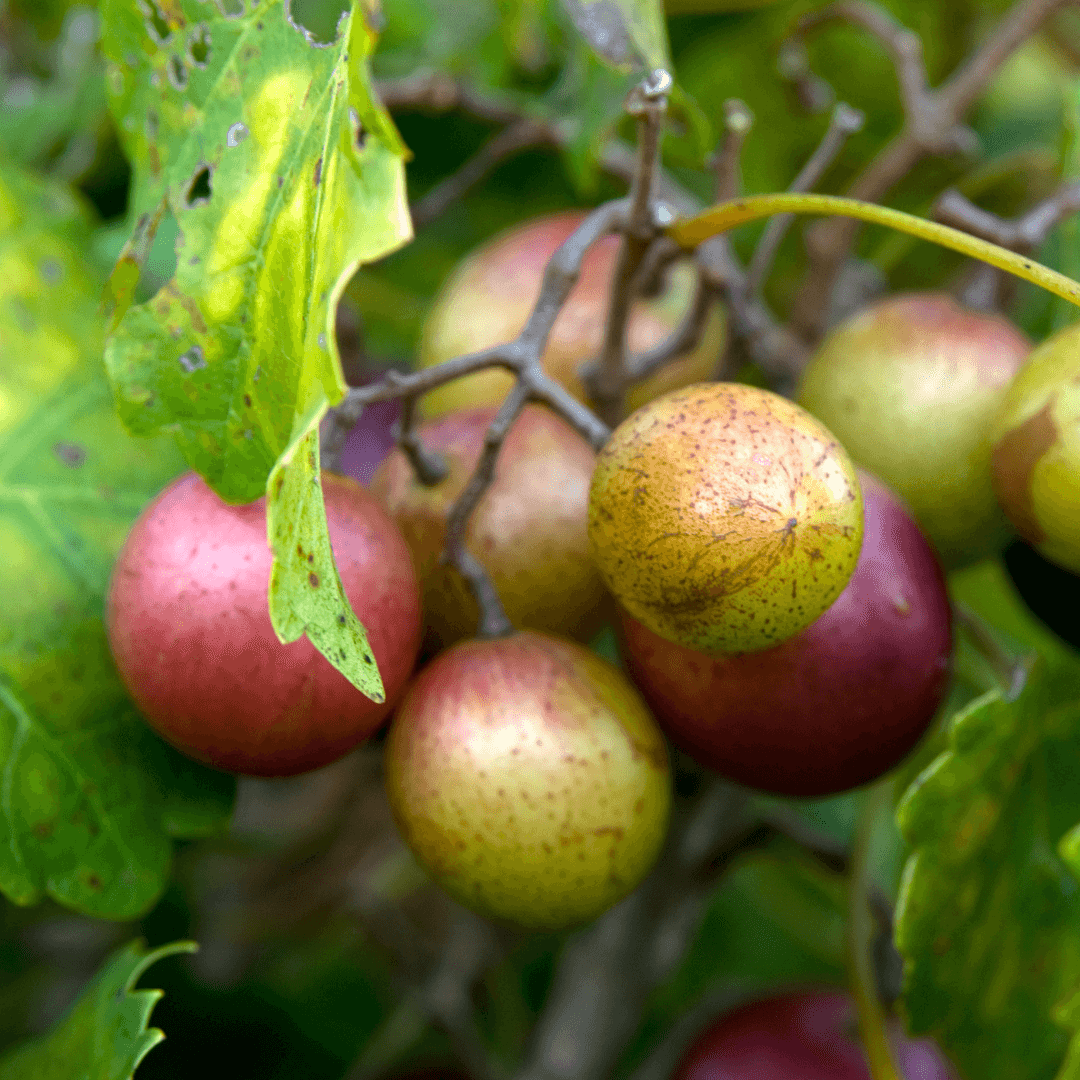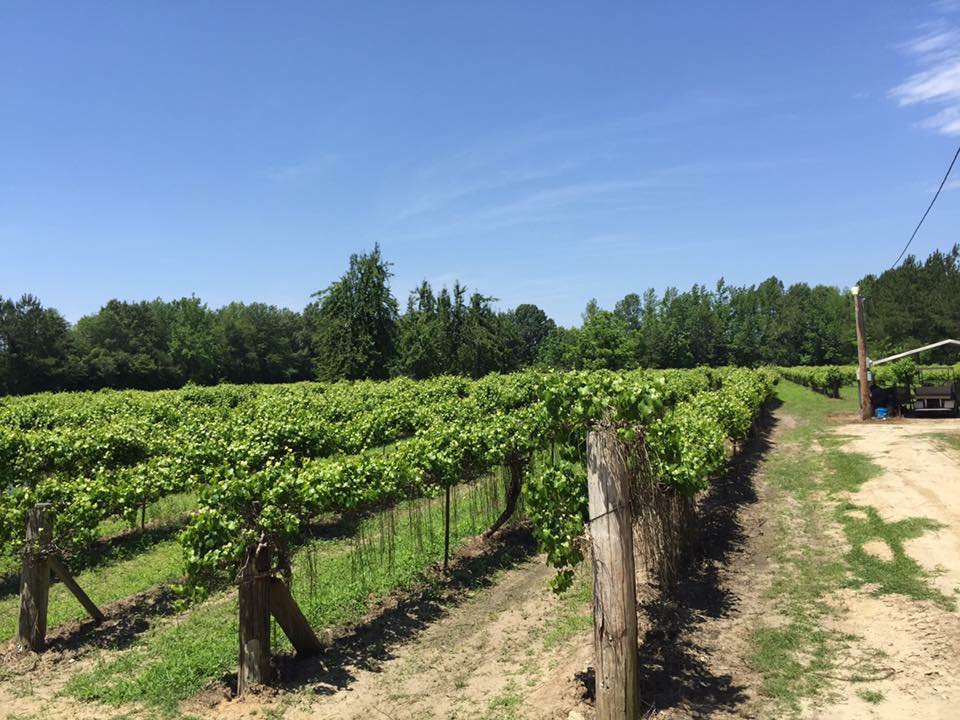Muscadines

Muscadines symbolize resilience and a deep connection to the land. Elders might use muscadines metaphorically to represent sweetness in life’s tough times or the fruits of hard labor. Phrases like “as hearty as a muscadine vine” or “sweet like muscadine wine” are used to convey strength and sweetness.
This Grape in the Pee Dee Region
Muscadines are grapes native to the southeastern United States, thriving particularly well in South Carolina’s warm and humid climate. African Americans have historically played a significant role in the cultivation of muscadines in the region.
During and after the era of slavery, they contributed extensive knowledge of agriculture and viticulture, often working on plantations and later establishing their own small farms. This expertise was passed down through generations, helping to sustain muscadine farming as a cultural and economic activity within African American communities.
Today, some African American farmers in South Carolina continue to cultivate the berry, producing fresh grapes, wines, jellies, and other products. Their ongoing involvement not only supports local economies but also preserves important agricultural traditions and heritage.

Williams Vineyard and Farm is a family-owned agricultural enterprise located in Nesmith, South Carolina. Specializing in the cultivation of these unique grapes, the farm plays a significant role in preserving traditional African American agricultural practices in the region. The vineyard produces a variety of products, including fresh grapes, wines, jellies, and juices.
Visitors to the farm can often participate in seasonal events like grape picking, offering a hands-on experience with muscadine cultivation. The farm also engages with the local community through farmers’ markets and educational programs, promoting sustainable farming practices and healthy living.
Williams Vineyard and Farm Facebook Page
